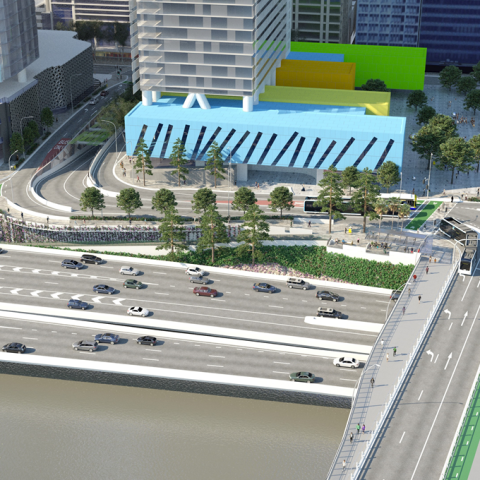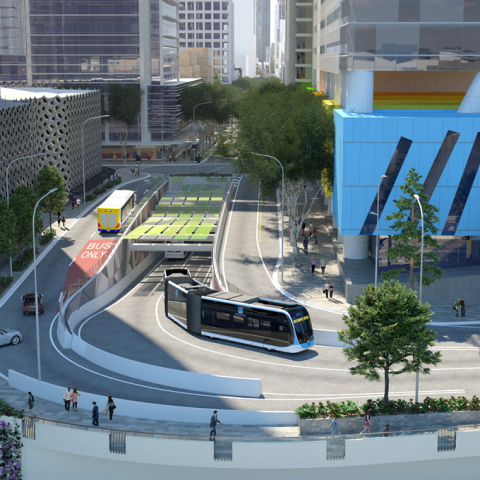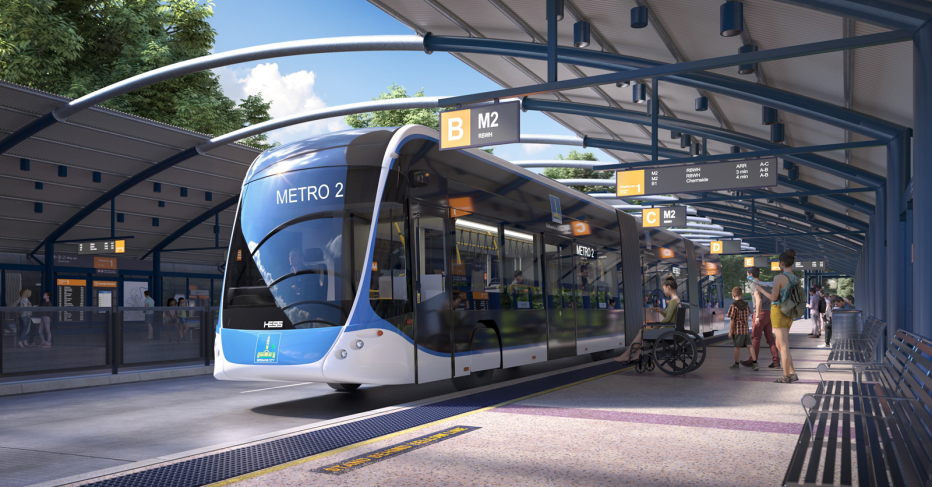
In July 2021, the city of Brisbane in Queensland, Australia was officially elected as the Host City of the 2032 Olympic and Paralympic Games, marking the Games’ return to Australia 32 years after the 2000 Sydney Games. Everyone is understandably excited, but no one more than Jacobs Project Manager Simon Jones. Why? Because Simon and his team have spent the past five years guiding Brisbane Metro to find solutions to their bus network congestion issues, and the new, improved bus system will showcase cutting-edge, green transit solutions on the world stage. Once completed, Brisbane Metro will deliver new and improved infrastructure and a designed Brisbane Metro and bus network that will provide more travel options with easy links between bus and train services for Brisbane.
The Brisbane Metro Bus Rapid Transit (BRT) plan will introduce new battery electric, bi-articulated vehicles (the first of their kind in Australia) that have zero tailpipe emissions and involves a redesign of the public transport network. Twenty-one kilometers (13 miles) of existing busway system will be modified, including a new inner-city tunnel and upgrading an existing station in Brisbane’s cultural heartland. The updated network will move the area’s 1.6 million people daily and will help to ensure that the area is more than ready to host the 2032 Olympic and Paralympic Games.
Jacobs team of more than 260 architects, transport planners, environmental professionals, and engineers (including civil, structural, mechanical, electrical, fire and life safety, intelligent transportation systems [ITS], systems and geotechnical), as well as numerous subconsultants undertook a range of services for the various aspects of the project.
Supporting Critical Bus Infrastructure
So how is the Jacobs team, as Technical Advisor to Brisbane City Council, working to improve this high-capacity, high-frequency public transport system?
In 2016, Jacobs began the process by analyzing options and developing an innovative solution to solve the congestion issues. Our technical documentation supported federal and local government funding requests, and in 2018 the project was designated as ‘High Priority’ by Infrastructure Australia (Australia’s independent national infrastructure advisor).
Then our team of over 260 professionals got to work. Jacobs has supported the Council to achieve market-readiness for the project, working closely with staff and other stakeholders. We prepared a Reference Design for procuring an Alliance contract for infrastructure design and construction components.
Want to see the new proposed design across Brisbane’s inner city? Check out the major infrastructure flythrough.
Creating a Green Fleet Framework
Our transport planners are collaborating closely with the client’s officers to deliver a new Brisbane Metro and bus network that will future proof Brisbane city. The busway stations act as hubs, connecting people to the new high-capacity vehicles and on to their final destinations.
We also worked with the client’s officers to conceptualize a new system that will provide advanced information on expected bus order and “time to arrival” to customers across all 18 stations. We’re currently working with project stakeholders to create new operating policies and procedures to improve overall efficiencies.
The team developed concept designs for the new Brisbane Metro depot— which includes new charging facilities, a workshop and administrative buildings — all designed to support the clean and green fleet of 60 new battery electric vehicles. Critical to our success was capturing the needs of the depot operators, optimizing functional layouts while also designing for future fleet expansion.
Additional fleet activities included developing charging solutions and electrical supply concepts for four end of route layover facilities and, within the depot itself, for the 25 metre (82 foot) long, battery electric bi-articulated vehicles.
Brisbane Metro Depot Key to Success
A functional, dedicated depot for the green and clean fleet was critical to achieving Council’s goals. Our design provides capacity to accommodate, maintain and operate transport for the Brisbane Metro fleet; enable maintenance, charging and cleaning of the fleet to corporate standards; and provide accommodation for drivers and onsite staff (including recruitment and training facilities). Depot construction will support up to 170 jobs and, once complete, the facility will house, charge and service the 60 vehicles in the Brisbane Metro fleet.
The new state-of-the-art Brisbane Metro depot can be seen in this video.
Achieving Environmental Goals Through Green Fleets
Council had some specific environmental objectives for this transportation project, and Jacobs achieved all of them. Once complete, the Brisbane Metro depot will achieve a 5-Star Green (Australian Best Practice) Star rating as certified by the Green Building Council of Australia. Infrastructure aesthetics will be top of mind, contributing positively to the streetscape and mitigating any adverse visual impact. Finally, our solution minimizes environmental impacts, including noise levels, and negative effects on air and water quality and flora and fauna.
Green fleets are the way of the future, and Jacobs is thrilled to be supporting Brisbane City Council in improving (and greening) their system and helping get the city ready for the Brisbane 2032 Olympic and Paralympic Games.
You might be interested in...
-
 Showcase
ShowcaseMeet Marc DeSchamp
For Marc DeSchamp, it’s about making connections. It’s taking a firm such as Jacobs, looking at all the things we do, and realizing we can be more than the sum of our parts. After all, transportation and decarbonization touch a lot of different areas — planning, power and utilities engagement, facilities modernization and redesign, procuring vehicles, sustainability and equity, financing, and program management. And Jacobs has expertise in all those areas.
-
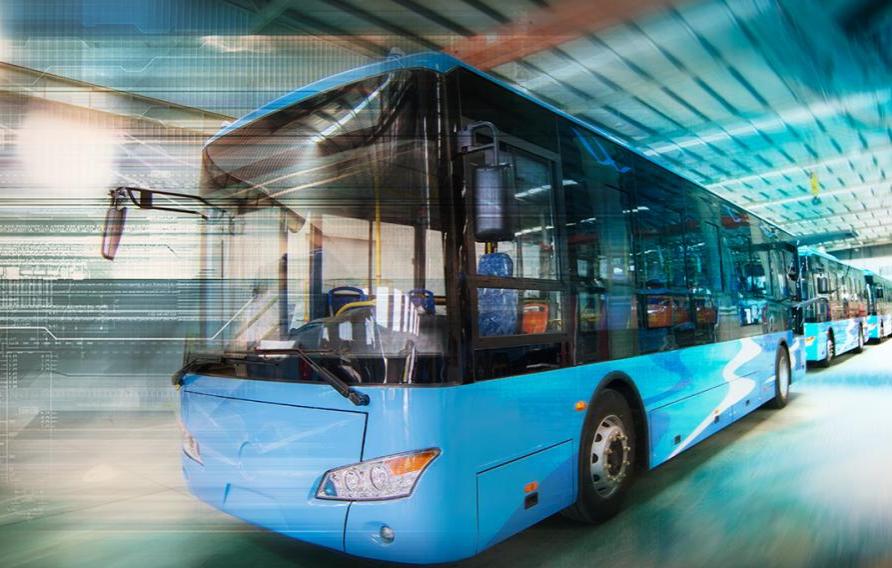 Page
PageGreen Fleets
Reducing global transportation sector emissions is a top priority, and the greening of public and private vehicle fleets is one way for entire populations to take steps towards reducing their carbon footprint and environmental impacts.
-
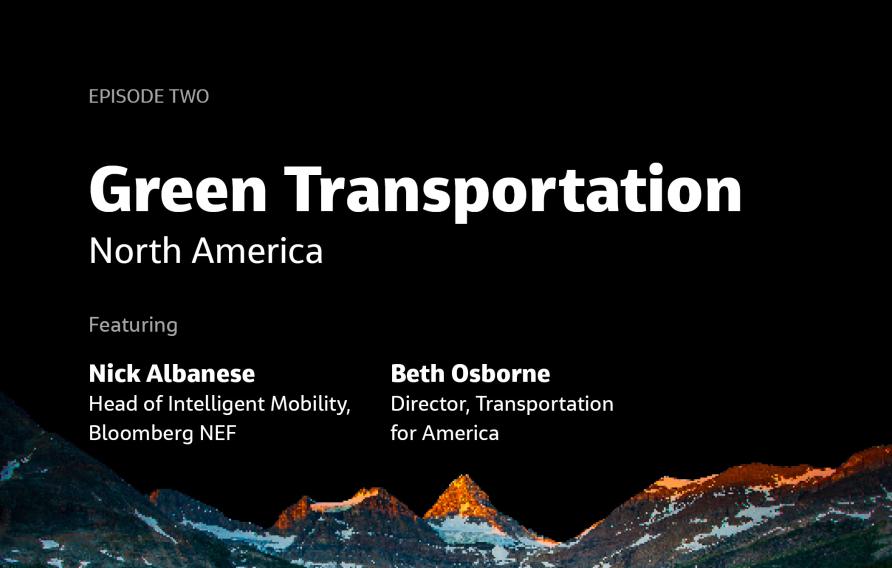 Podcasts
PodcastsSparks Episode 2: Green Transportation, North America
In this episode, we’ll explore some of the challenges surrounding America’s green transportation transition, how innovative solutions could expand electric mobility options, and how placing social value at the heart of infrastructure planning will be key to creating a successful network.















































